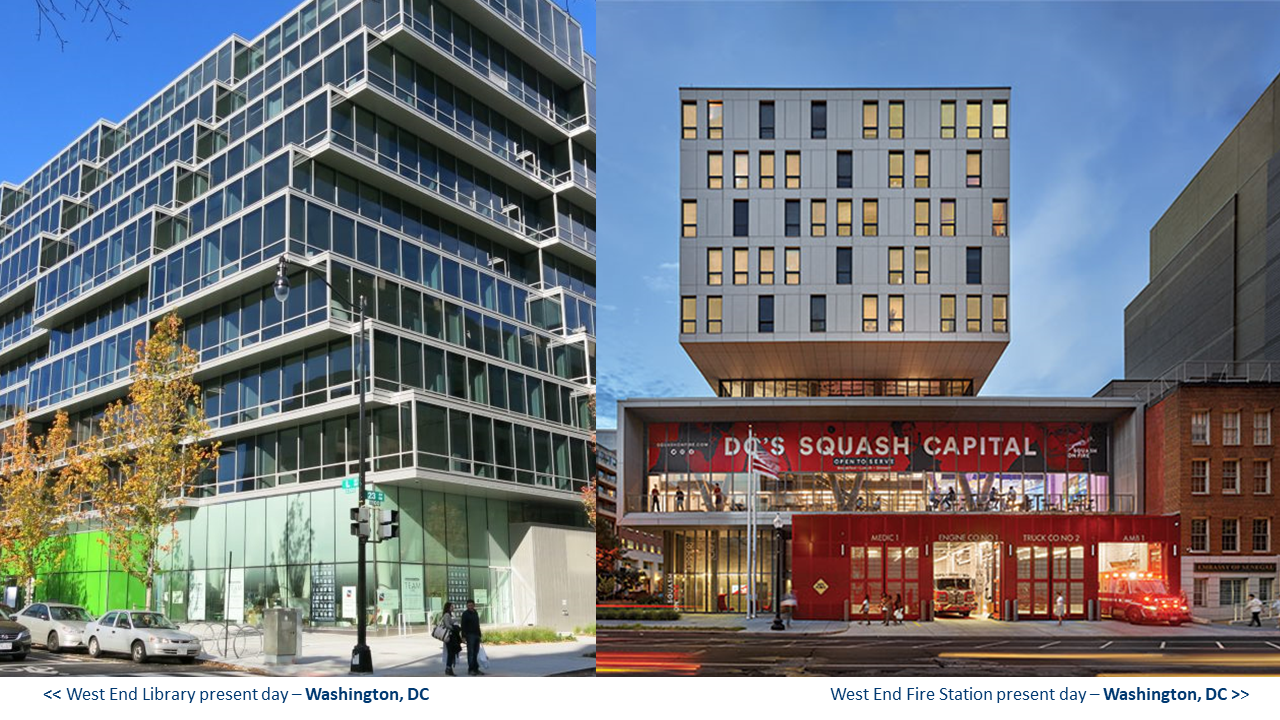Urbanization is growing rapidly. For the first time in history, more than half the world’s population lives in cities, with 90 percent of urban growth taking place in the developing world. This unprecedented growth creates a pressing demand for local governments in developing countries to expend and upgrade the infrastructure and public services to support economic and social development. Such investments require capital that often far exceeds available public resources. The unavailability of capital, in turn, puts a premium on the need for local governments to prioritize their investment decisions. Cities need to squeeze more value from existing assets, increase return on public investments and look into the two main ways to increase value: 1. Increase impact (from one-way channel, to multiple channel): i.e., invest in floor protection and thereby increase value of land 2. Increase intensity: Intensity means that a benefit the product or service delivers actually does so with more strength, power, or potency. Moreover, in the context of limited public resources, capital investment strategies need to be coordinated with land use plans to efficiently build infrastructure and enhance service delivery to citizens and businesses, particularly to the urban poor. Urban regeneration can help cities address the rising demand for land by densifying existing urban cores, particularly pockets of underused or disinvested land. Higher density is associated with economic growth and social integration. More dense, transit-friendly cities also means lower carbon emissions and less pollution, and contributes to increased resilience. Urban Regeneration leverages the value created through the transformation from underused areas to higher use, helping to cover public costs associated with Urban Regeneration infrastructure investments.

About Open Learning Campus
All registered users of OLC can experience its impact of new features. If you are already registered with OLC you can directly sign in to the new system. If you are a new user then do register to avail of the dynamic learning opportunities from WBG to deepen your knowledge and skills on a variety of development related topics. For example, you will have access to timely resources such as:
- Ted like video talks
- Podcasts
- Formal learnings (i.e., Self-paced courses/Facilitated Courses/MOOCs)
- Live events and Knowledge Exchanges
- Communities of Practice
You will have access to an extensive catalog of resources through which you can search and discover relevant learning materials.
How to Access the Course Content
To access the course content, please follow the below registration steps:
- Open https://wbg.edcast.com/
- Navigate to “No account?” and select “Create one!”. Select “Next” to continue with the next step.
- Enter the code that you received via email at the “Enter Code” field. Select “Sign in” to continue with the next step.
- Fill in your First and Last Names and select a preferred communication language. Select “Next” to continue with the next step.
- Select up to five learning goals. Select “Next” to continue with the next step.
- Select up to five skills. Select “Next” to continue with the next step.
- Congratulations and welcome to the OLC! You’ll find additional tips and suggestions inside the “Welcome to the Open Learning Campus” channel at the top of the home page.
Course Details
- Mode: Self-Paced
